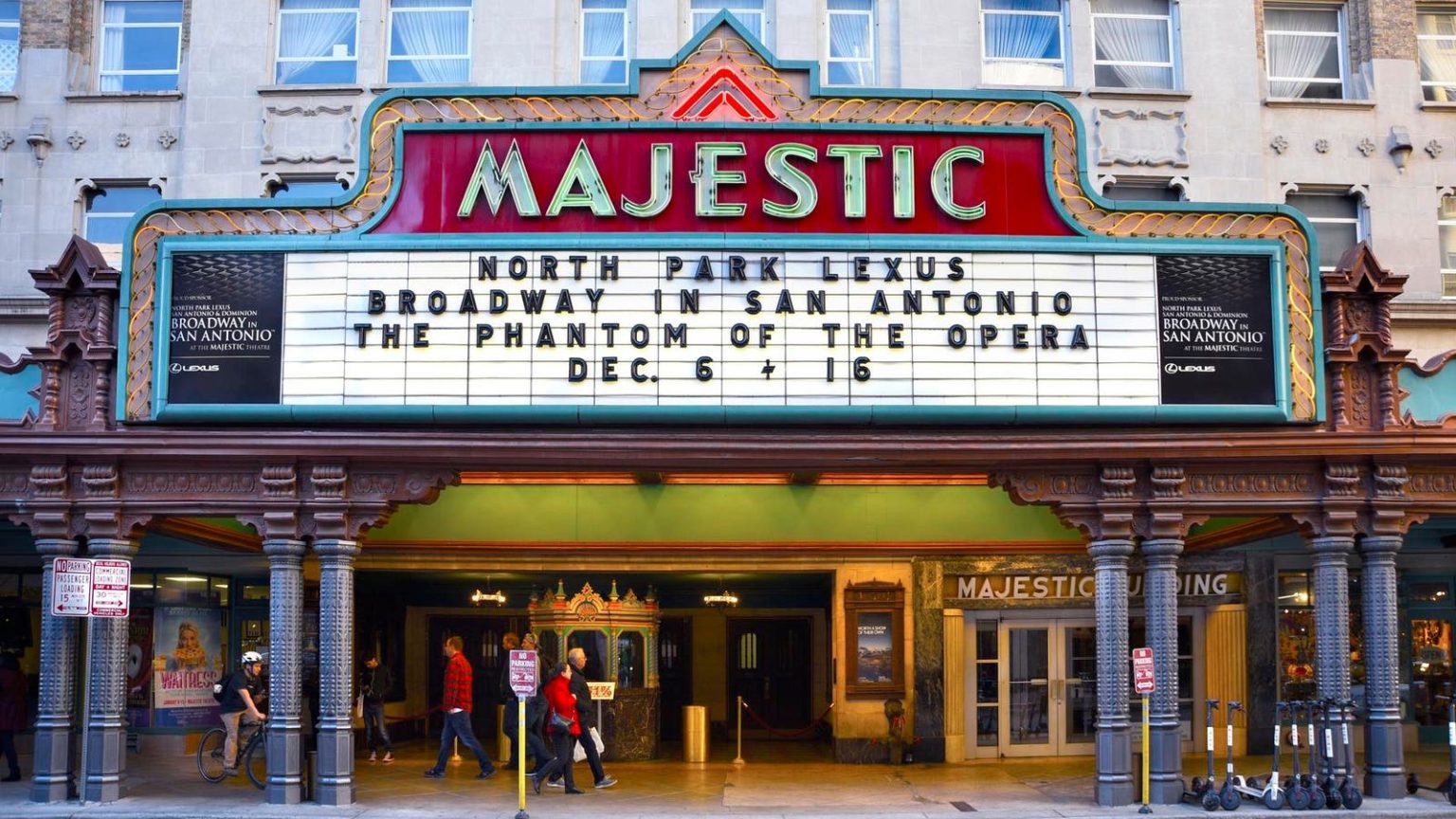The gradual normalization of the 4-day workweek is not expected to lead to a decrease in work hours overall, but rather an increase in productivity and a rising aversion to retirement. This trend reflects the concept of Tamny’s Law, which suggests that as prosperity increases, laziness decreases, leading to a greater range of work options that allow individuals to showcase their talents. The 4-day workweek is a sign of economic prosperity and is anticipated to pave the way for a 7-day workweek in the future.
With workers spending less time in the office, there will be a growing demand for entertainment and leisure activities. This shift is predicted to lead to the rise of the “Entertainment Economy,” where individuals will increasingly focus on jobs or activities that they are passionate about. As technology continues to improve productivity and specialization, workers will be able to accomplish more in fewer hours, creating a work environment that feels less like work and more like a reflection of their unique skills and talents.
As the 4-day workweek becomes more commonplace, individuals are expected to continue working even as they approach retirement age. Rather than seeing retirement as a goal, many Americans are likely to view work as an enjoyable and fulfilling part of their lives. With advancements in technology allowing for remote work and flexible schedules, individuals will be able to seamlessly integrate work into their leisure time, blurring the lines between work and play.
The growing trend towards a 4-day workweek also highlights the changing nature of work in the United States, moving from a traditional manufacturing-based economy to a service-based economy. As workers find ways to monetize their passions and hobbies, the entertainment economy is expected to flourish, with opportunities for individuals to earn a living by sharing their talents online or through various entertainment platforms.
Overall, the rise of the 4-day workweek signals a shift towards a future where work is no longer confined to a traditional office setting and where individuals are able to pursue their passions while earning a living. The combination of increased productivity, specialization, and technology is expected to revolutionize how Americans view work and retirement, with many choosing to prioritize fulfilling work over traditional notions of retirement. As the boundaries between work and leisure continue to blur, the 4-day workweek may be just the beginning of a new era of work and leisure in the United States.


